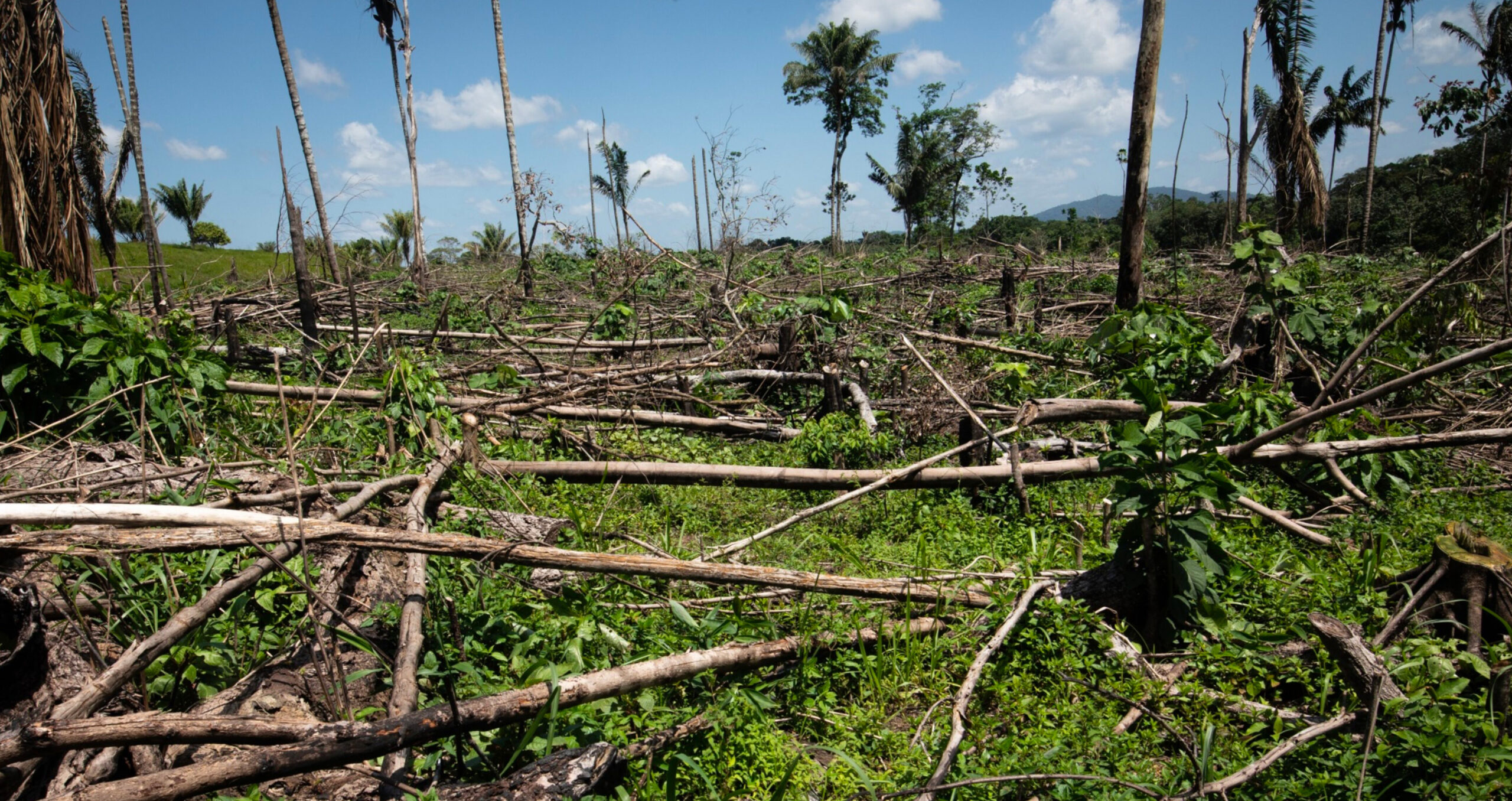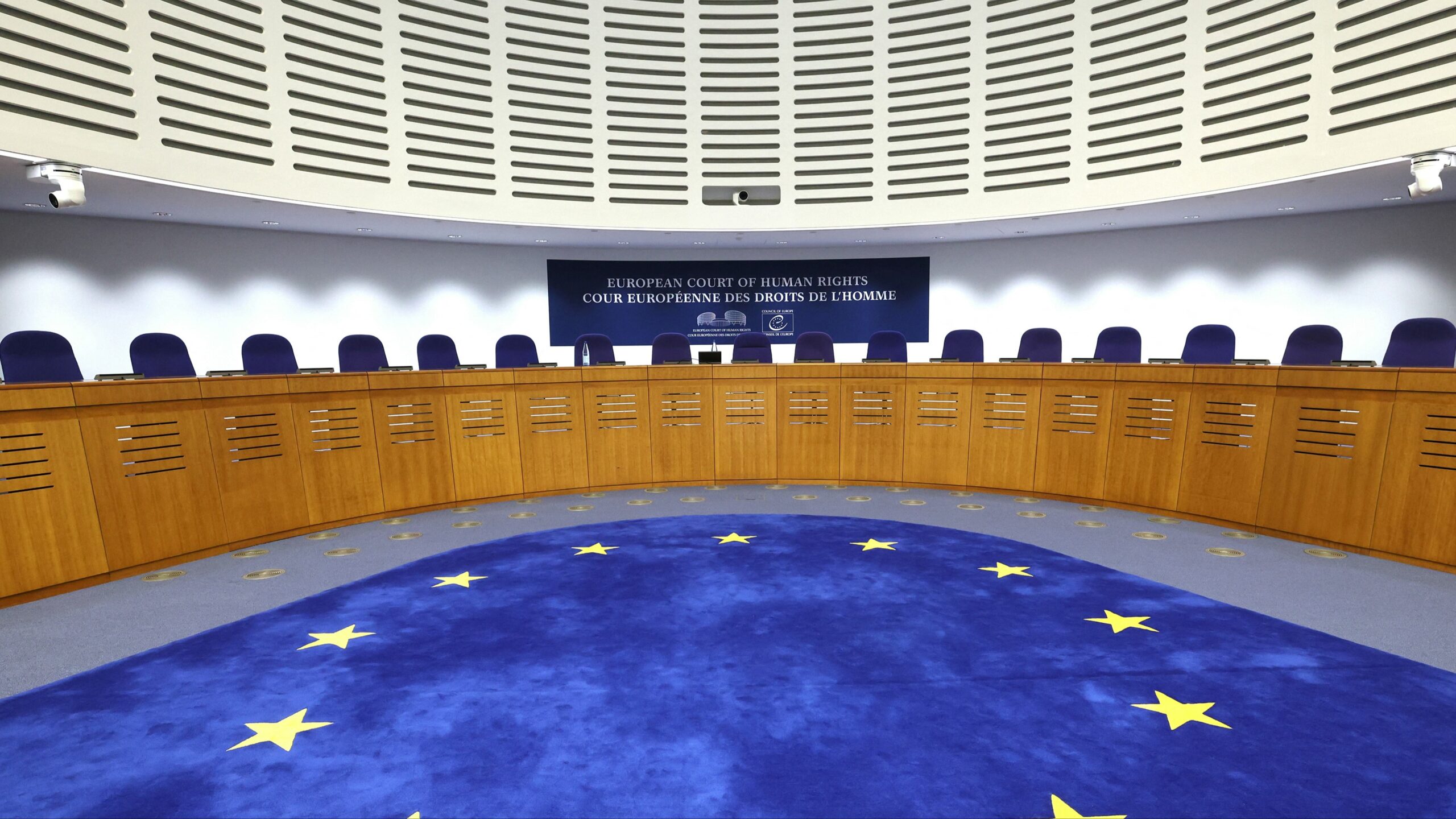
Why we need to end our obsession with sustainability reporting

Efforts around sustainability have become too focused on measurement, methodology and data. A more human and intuitive approach is needed
“You can’t manage what you can’t measure.” The purported wisdom of this oft-quoted bit of management philosophy has inspired an approach to sustainability that is obsessed with measurement and reporting.
It has resulted in a dizzying proliferation, over the past two decades, of indicator definitions, assessment methodologies and reporting guidelines, most recently culminating in the colossal European Sustainability Reporting Standards. This obsession has come at the expense of more meaningful sustainability impacts.
I have been studying corporate sustainability and sustainable finance ethnographically since 2015: visiting, observing and interviewing hundreds of sustainability professionals not only in their offices and at conferences, but also at after-work happy hours and post-conference dinners.
My goal is achieving a better understanding of what sustainability means for the people responsible for designing and implementing sustainability initiatives in a range of organisations such as banks, corporations, standards bodies and large non-profits.
One of the most surprising findings has been the way that discussions about diverse topics – from deforestation to child slavery and toxic pollution – typically end up focusing on problems associated with defining and measuring indicators.
Whether at a conference or in an interview, conversations invariably shift away from the specificities of these important problems toward general issues with the data used to understand them. While people remain committed to figuring out ways to address these larger issues, the “next steps” – and the day-to-day work of my sustainability professionals – tend to revolve around the proliferation of new or revised indicators.
Scholars interested in the sociology of quantification have emphasised the way in which numbers make complex relationships easier to understand, and few relationships are more complex than those involved in global sustainability challenges. People seem to like data and organisations seem compelled to produce and collect it, even if they are unsure of its value.
My research, however, suggests that there is something else driving this obsession with metrics – namely sustainability professionals’ deep-seated reliance on market mechanisms to achieve sustainability goals, and their belief that the best way to promote sustainability is to enable the market to solve problems for us.
This faith in the market manifests in various ways, from the growing popularity of sustainability certifications such as Fairtrade and Rainforest Alliance to the rapid proliferation of integrated reporting guidelines and ESG investing initiatives. Underlying these apparently diverse approaches to sustainability is the idea that having more data about social and environmental impacts enables markets to more efficiently – and more sustainability – manage those impacts on our behalf.
Real-world change
Yet what’s missing from this approach is a theory of how “the market” actually creates timely real-world change.
The sustainability industry’s obsession with metrics has provoked the generation of huge amounts of helpful data that is, indeed, necessary to develop effective management strategies and track their impacts. However, this means our focus has shifted to perfecting the measurement and reporting of sustainability indicators, while meaningful interventions are delayed in the never-ending search for better data.
These dynamics have played out in recent policy debates.
A few weeks ago, the European Commission agreed to delay implementation of elements of the ESRS by at least two years, to 2026. These standards are complex and exhaustive, but behind their exceedingly detailed and technical veneer there is no real discussion about what all the reports are actually supposed to do.
Other than vague appeals to enhanced “transparency”, all this talk about reporting standards gives little indication of the kinds of sustainability impacts that standardised reporting might generate.
Rather than placing measurement and reporting at the centre of our sustainability efforts, we need to rethink sustainable development in ways that do not require the impossible task of calculating the innumerable dimensions of human and non-human life.
We need to draw lines in the sand and refuse to negotiate, for example, when the sovereignty of local and indigenous communities is threatened, and when our intuitive understanding of what counts as sustainable is undermined. And we need to re-evaluate the extent to which we have organised our social and political systems around the pursuit of economic growth.
The challenge for businesses, regulators and civil society is to move beyond the current obsession with measurement and reporting, and figure out how to ensure that reporting has a real-world impact.
Crucially, businesses, regulators and civil society must also determine where reporting is insufficient – where we cannot afford to leave it up to “the market” to manage our problems for us – and they must craft alternative approaches to sustainability, which prioritise people and planet.
Matthew Archer is an assistant professor in the department of society studies at Maastricht University, and the author of Unsustainable: Measurement, reporting, and the limits of corporate sustainability (NYU Press, 2024)
Similar Articles

How companies can get to grips with ESG demands

The antidote to doom is doing


